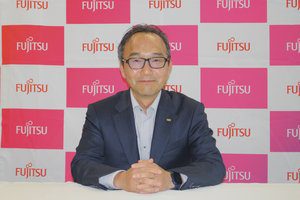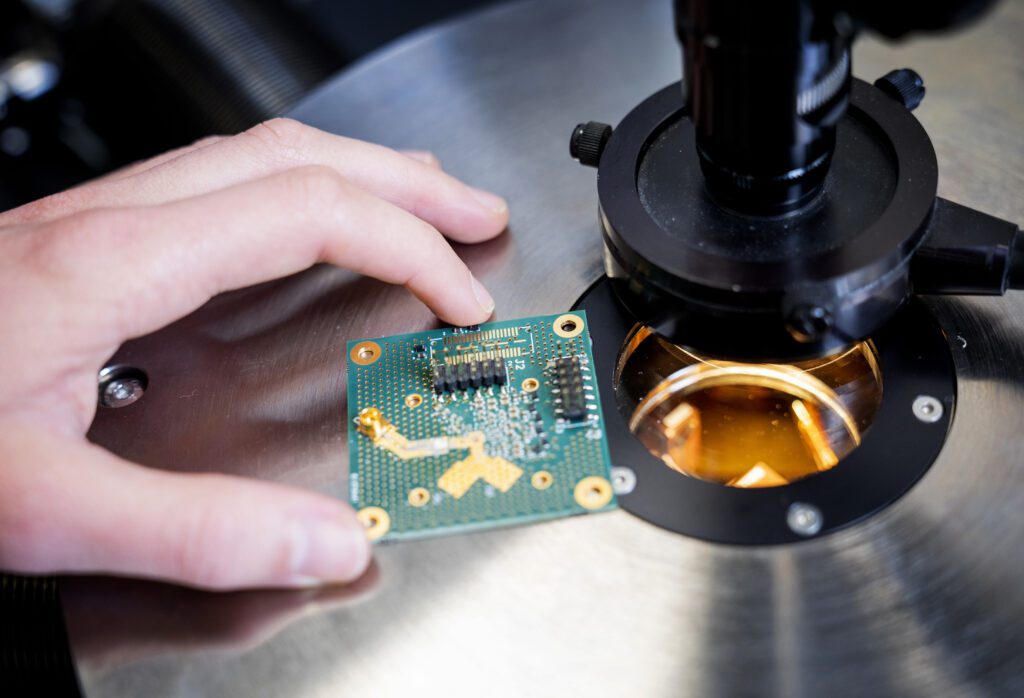QuTech cooperates with major companies like Intel, Microsoft and Japanese technology leader Fujitsu. In this interview, Shintaro Sato, Head of Quantum Laboratory at Fujitsu talks about the QuTech collaboration that focuses on NV Center qubits and protocols for controlling these qubits.
With more than 120,000 employees and a net profit in excess of a billion euros, Fujitsu is one of the world’s largest IT service providers. ‘We’ve been working on computer technology since the era of the mainframe in the 1970s’, says Shintaro Sato, head of Fujitsu’s Quantum Laboratory, which has entered into a partnership with QuTech in the field of quantum computers.
The company is a supplier of High Performance Computing (HPC) systems. ‘But Moore’s Law, which ensured years of successful, steady increase in computing power, is plateauing’, says Sato, ‘and we are looking at alternatives.’
These include special chips for specific computing tasks, such as Artificial Intelligence, along with Digital Annealers and Ising Machines. These are computers based on quantum mechanics principles that specialise in solving combinatorial optimisation problems, such as the optimisation of Toyota’s production processes.
Fujitsu is working on fully-fledged quantum computers in collaboration with the Japanese research institute RIKEN, with super-conducting qubits being their qubit technology objective.
The collaboration with QuTech involves the NV Center qubits based on nitrogen atoms in a diamond lattice, which is a specialism of TU Delft. ‘We want to develop a scalable system based on standard tiles of 64 qubits. These can then be combined to achieve larger numbers’, says Sato. In this way, the Japanese specialism of integrating and upscaling electronics augments TU Delft’s existing knowledge.
One advantage of the NV Center qubits is that the working temperature is higher than 1 Kelvin (one degree higher than absolute zero, or -273 degrees Celsius). These ‘hot’ qubits require less intense cooling measures than other types that work at lower temperatures.
Fujitsu and QuTech will also collaborate on the software, i.e. the protocols for controlling the qubits. And ultimately on the development of applications, says Sato. ‘We have some ten companies in various branches of industry, from manufacturers of computer chips to Fujifilm, who are interested and already working on applications.’ Sato expects useful applications of the first quantum computers to become available by the end of this decade.
‘Ultimately, we want to fit this quantum technology into the computing-as-a-service platform that we have just launched’, he says. This is an accessible yet powerful computing platform that frees clients from worrying about the exact computing technology. ‘This currently consists of our High Performance Computer, the Digital Annealer, and a quantum computer simulator. The actual quantum technology will simply be added to this.’

Shintaro Sato, Head of Quantum Laboratory at Fujitsu.

